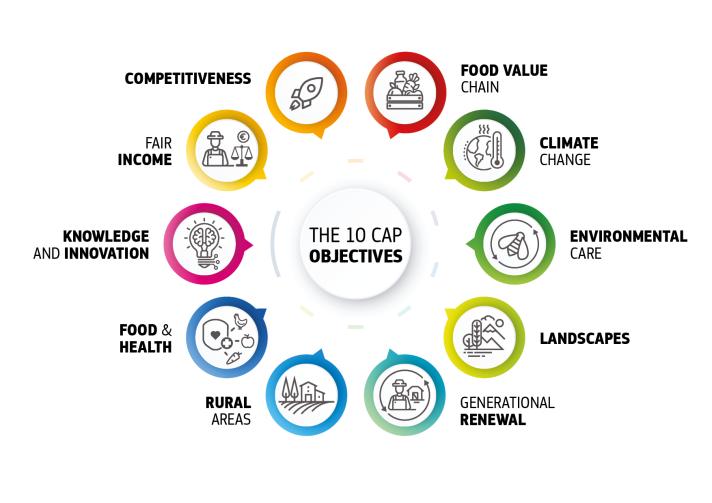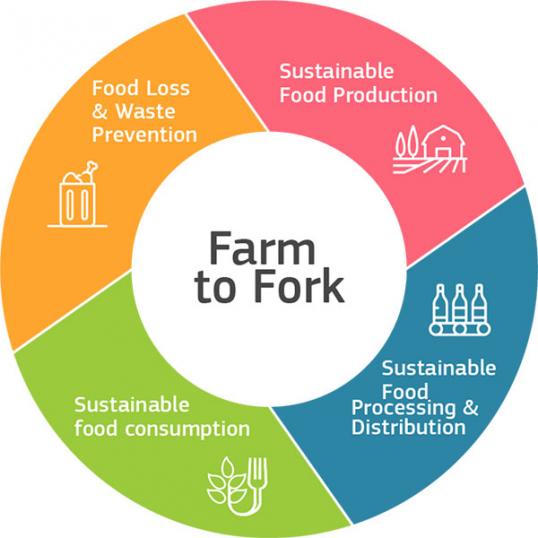On June 13th, the AVANT project organized a workshop in Heraklion, Crete. This hybrid AVANT workshop brought together around 90 participants to discuss the challenges and market potential of antibiotic-free pork production.
Prof. Luca Gardabassi, the coordinator of AVANT, led the workshop, providing an update on the project’s progress as it enters its fourth year. He highlighted two key interventions chosen by AVANT based on pre-clinical studies and regulatory requirements: Faecal filtrate transplantation (FFT) and Fibre-rich diet based on alfa-alfa.
Overcoming regulatory gaps and cultural barriers is essential to introducing innovative alternatives to antibiotics in pig farming. While the most effective alternatives can reduce antibiotic use, they cannot eliminate the need for antibiotics in disease control. Minimizing antimicrobial use (AMU) without compromising animal health and welfare requires a holistic approach, including improved farm and animal management practices to reduce the prevalence of diseases.
The project trials conducted in the Netherlands (completed) and currently ongoing in Denmark and France aim to assess clinical efficacy and effect on antimicrobial use (AMU).

AVANT workshop June 13th, Crete, Greece (Image@RTDS )
The AVANT workshop evaluated the feasibility of antibiotic-free farming as a strategy to reduce antibiotic use. Key topics of discussion included its viability, critical success factors, economic sustainability for producers, potential drawbacks, and strategies to foster consumer acceptance. The goal was to explore the benefits, challenges, and practical aspects of antibiotic-free pork production.
Dr. Jean-Noël Sialelli shared insights from the French experience, covering both upstream and downstream facets of the pig supply chain (illustrated in figure 1 below).
Successfully minimizing antibiotic use in pig production requires strong management decisions and the active involvement of all stakeholders, alongside innovations across various departments. Key strategies include developing tools to measure current practices, adopting a step-by-step approach to leverage quick wins, and implementing a test-and-learn policy that focuses on cause analysis and action deployment.

Figure 1: The process of pork production until distribution (source @Cooperl)
Role of Stakeholders
In discussions about pig welfare, various stakeholders bring distinct perspectives and motivations. Consumers, often uninformed and driven by economic concerns, prioritize affordable bacon with little regard for production practices. Politicians, ideally well-informed and economically independent, must balance legislative decisions with voter approval, often avoiding unpopular measures. Farmers, driven by market demands, focus on cost-efficiency and productivity; making them economically dependent and vulnerable to price fluctuations. Veterinarians, though knowledgeable, often find their influence limited in the broader conversations about animal welfare and production standards due to their economic dependence.
Farmer’s perspective
Anne Stine Mikkelsen from Klintebygaard Veterinary Practice in Denmark discussed the evolution of antibiotic-free pork production, which began in 2015 and continued until 2023. The transition faced diminishing economic support over time. Pigs are raised without antibiotics from birth to slaughter with exceptions for coccidial treatment and sow treatment during lactation.
Key measures include extending lactation periods, using vaccines, and implementing strict hygiene and environmental controls to address health issues like joint inflammation, umbilical hernias, respiratory infections, and piglet diarrhea. Despite persistent challenges such as controlling joint infections and deciding on treatments without antibiotics, the overall antibiotic use remained unchanged, although there was a reduction in respiratory diseases among weaned piglets. Achieving a 70% approval rate for antibiotic-free pork proved feasible but required higher costs and specialized staff, emphasizing the importance of high hygiene standards, reduced infection pressure, and early piglet care.
Veterinarian’s Perspective
Andreas Palzer from the Federation of Veterinarians emphasized that veterinarians in the European pig industry support the current goal of maintaining pig health while minimizing treatments, which aligns with today’s production ideals. The daily role of veterinarians involves keeping pigs healthy, and many countries, including Germany, France, Denmark, and the Netherlands, have implemented systems to control and reduce antibiotic use. However, even in the healthiest systems, pigs can still fall ill and require treatment. There is a significant concern about the potential negative effects on animal welfare, communication challenges with consumers, and the broader impact on the meat industry. Ultimately, these challenges are deeply intertwined with economic considerations.
Economic Sustainability of Antibiotic-Free Pork Production
Jonathan Rushton from the University of Liverpool highlighted a broad consensus on reducing antimicrobial use (AMU) in livestock to combat antimicrobial resistance (AMR). While eliminating antibiotics in pork production is technically feasible, it represents significant economic challenges due to necessary management shifts and investments, particularly given current pork prices. Food companies, driven by profits and market pressures, play a pivotal role in shaping farming practices and hold considerable political influence impacting the feasibility of antibiotic-free pork. Achieving sustainable antibiotic-free pork production requires supportive social, economic, and political contexts, with careful consideration of both economic and technical factors to inform effective policy and drive change.
Kasper Pedersen from the University of Copenhagen discussed low compliance with quality food standards, highlighted by a recent survey of 1500 respondents from Denmark, Germany, the UK, and China. The survey focused on consumers’ willingness to pay a premium for sustainable pork and revealed that only one in ten respondents across these countries are willing to pay 20% more for sustainable pork, indicating a general reluctance to prioritize environmental or animal welfare concerns over price. Interestingly, while Western consumers emphasized animal welfare in their considerations, Chinese consumers were more concerned about food safety, indicating different regional priorities in sustainable food choices.
For more information about the AVANT workshop on antibiotic-free pork production, visit the AVANT YouTube channel and Zenodo community
Blog Part 1: https://avant-project.eu/antibiotic-free-pork-production/
Workshop: https://youtu.be/07nm2ExFliM?si=90fUGehcwOION6Lm
Zenodo: https://zenodo.org/communities/avanth2020/
To stay updated on the latest news about AVANT, follow us on social media.














 Image credits: (C) ArMoR Cluster
Image credits: (C) ArMoR Cluster